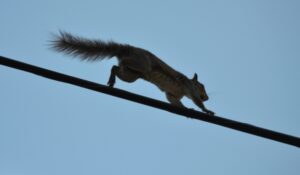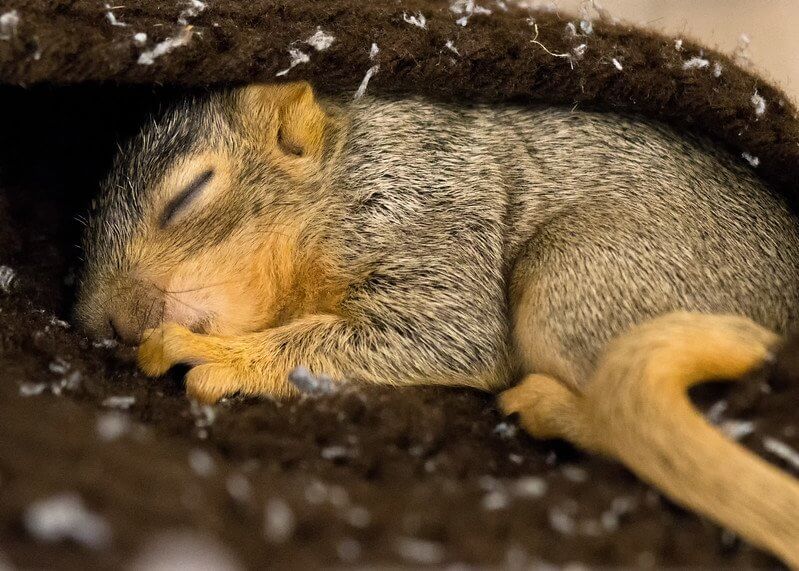Like other rodents, squirrels can make nuisances of themselves if they get into your homes by chewing on home structures, potentially spreading disease, and making noise by running around in your attic or walls. If you think that they have gotten into your home, you should hire a squirrel removal company in Kitchener right away. Nevertheless, squirrels are different in their habits than other rodent nuisances, and the differences may help you identify which type of animal you are dealing with.
When Are Squirrels Most Active?
Most rodents are most active at night; therefore, scientists describe them as nocturnal. Squirrels are unlike other rodents, and more like human beings, in that, they are diurnal, or active during the day. You have probably seen them scampering around your yard or climbing trees as they search for food or look for new hiding places in which to store it for winter.
Although some people find them annoying, a few squirrels in your yard are usually nothing to worry about. The problem occurs if more squirrels start gathering in your yard and find a way onto your roof. Squirrels are always on the lookout for safe places in which to raise their young or hole up for the winter. If they get on your roof, they can sense that it is warm and therefore a good place to make a nest. Any vulnerabilities they find in your roof can be exploited to gain access.
What Sounds Do Squirrels Make?
 Once the squirrels are in your house, you may hear a lot more activity up on the roof as they come and go to look for food. You may hear scampering and scratching sounds, and possibly squealing as well. The noise may be particularly noticeable during the early morning hours or as the sun is going down in the evening. The morning is the time that squirrels get up to go about their “job” of food gathering, only to return in the evening to sleep. The house is more likely to be quiet during these times, which may make the sounds more noticeable.
Once the squirrels are in your house, you may hear a lot more activity up on the roof as they come and go to look for food. You may hear scampering and scratching sounds, and possibly squealing as well. The noise may be particularly noticeable during the early morning hours or as the sun is going down in the evening. The morning is the time that squirrels get up to go about their “job” of food gathering, only to return in the evening to sleep. The house is more likely to be quiet during these times, which may make the sounds more noticeable.
The noises the squirrels make may be similar to those made by mice and rats. However, those rodents are more active at night, so you are unlikely to hear them during daylight hours. Additionally, you’re more likely to hear rats and mice in the walls. Squirrels are arboreal creatures that like to make their homes up high, so you’re more likely to hear them on the roof or in the attic.
What Are Other Signs of Squirrels in the Home?
In addition to sounds of increased squirrel activity, smells may alert you to their presence in your home. Once they have established a nest, they will frequently deposit their urine and feces around it, which carry pungent odours.
If you notice sounds and smells that indicate a squirrel infestation, you may be able to confirm it by going up on the roof and conducting a visual inspection. You may see telltale chew marks around the roof vents or damage around the soffits, edges, and shingles.
What Should You Do if You Find Squirrels in Your Home?
You should never try to remove a squirrel infestation on your own. If you separate a mother squirrel from her young, she can be very determined in trying to return to them, which can result in more extensive property damage. Furthermore, if you disturb the nest, the mother may become aggressive in defending her young. She may bite if sufficiently threatened, and squirrel saliva can contain diseases, potentially including rabies.
Where Can You Turn for Squirrel Removal Kitchener?
For over 30 years, Skedaddle has been removing unwanted wildlife humanely from homes in the Waterloo region. Find out more about how we restore your home and keep squirrels and other animals from coming back.



